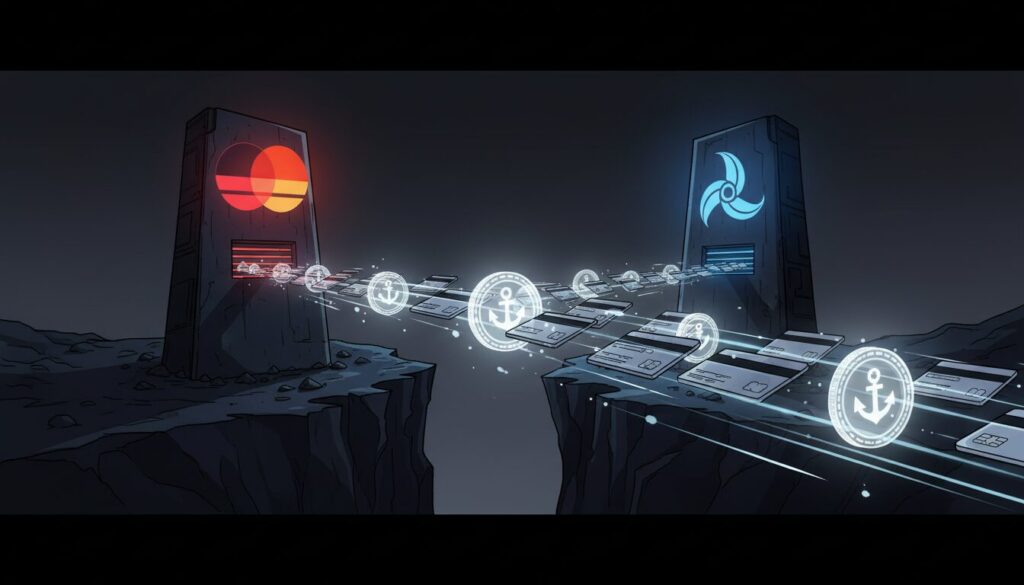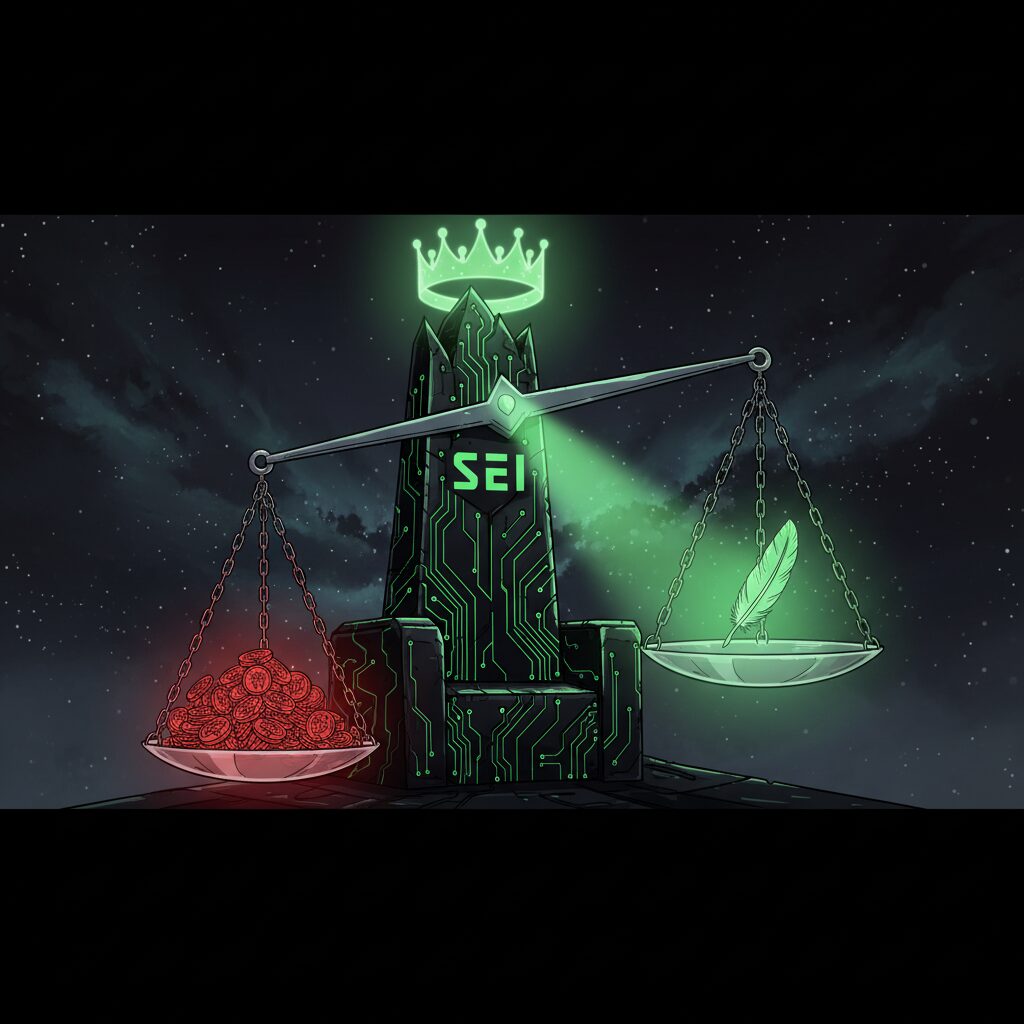Iran Signals Major Crypto Push, Aiming for Regional Hub Status

Iranian officials have declared that embracing cryptocurrencies is essential to meeting the nation’s digital economy goals, signaling a significant shift in political attitude. At Iran’s first international blockchain conference, deBlock 2025, leaders announced ambitions to move beyond basic recognition and establish the country as a regional hub for digital assets.
Top Officials Declare Crypto a National Imperative
The conference, held in Tehran in early November, brought together entrepreneurs, regulators, and diplomats to discuss the future of blockchain technology. In a message to attendees, the Speaker of the Iranian parliament, Mohammad Bagher Ghalibaf, described creating a national roadmap for crypto as an “undeniable imperative.” He stated that the country’s goal to expand its digital economy to 10% of the national total can’t be achieved without integrating crypto assets.
Ghalibaf called on the ministries of economy and industry, the central bank, and other government bodies to coordinate their efforts for regulated growth in the sector. This sentiment was echoed by Shamseddin Hosseini, chairman of the parliamentary economic committee, who noted the stark change from previous government positions that had banned virtual currencies.
A Vision Beyond Trading and Mining
The government’s new strategy extends far beyond simply mining or trading cryptocurrencies. Ghalibaf urged a broader perspective, emphasizing the need for a comprehensive crypto-based financial ecosystem. This vision includes creating a legislative foundation for secure trading platforms, utilizing digital currencies in foreign trade, and tokenizing real-world assets like securities and commodities.
“Crypto-assets and blockchain technology are not merely an opportunity, but a necessity for the future of Iran’s and the world’s economy,” Ghalibaf asserted. By adopting global standards, he believes the Islamic Republic can become a successful model for the region.
Crypto as a Tool for Financial Independence
The conference also highlighted the geopolitical motivations behind Iran’s crypto ambitions. With delegates from over 15 countries, including members of the BRICS group of emerging economies, the event underscored the strategic opportunities for financial diversification. Ghalibaf explained that using shared cryptocurrencies within frameworks like BRICS could strengthen economic independence and simplify international transactions.
To further these international ambitions, a memorandum of understanding was signed between deBlock and Trescon Global, a Dubai-based event organizer. Reza Soltani, deBlock’s executive director, noted the collaboration could attract foreign investment and expand technological partnerships. “Iran has the potential to become the regional hub for decentralized technologies,” he commented.








